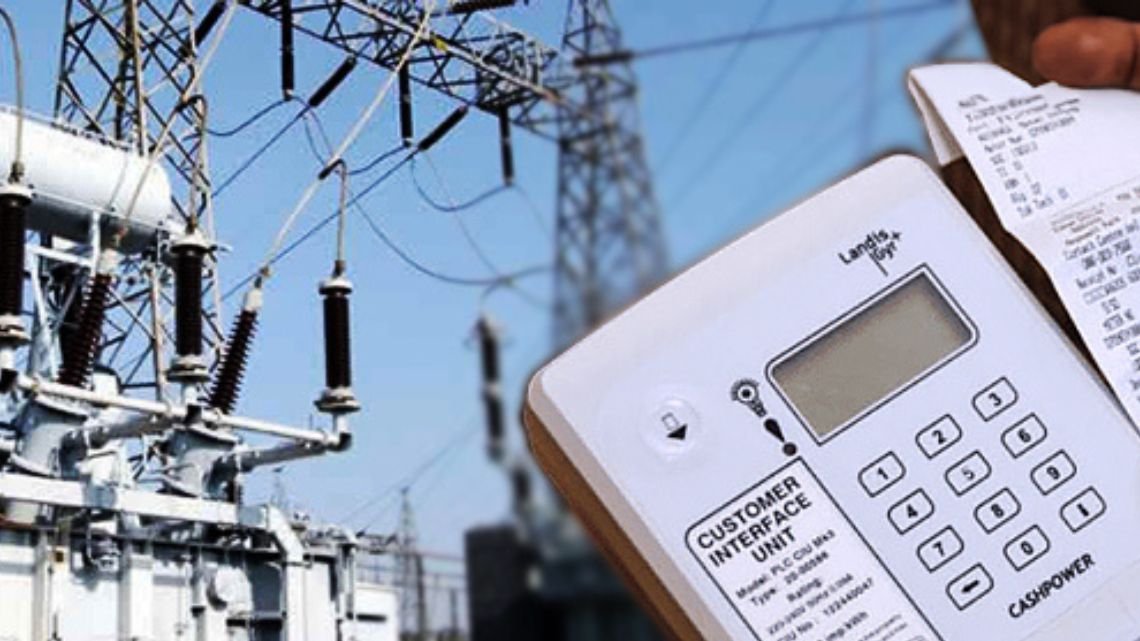Starting July 1, 2024, household and industrial consumers will see an increase in utility tariffs for electricity and water, following the Public Utilities Regulatory Commission’s (PURC) second-quarter review under the Quarterly Tariff Review Mechanism.
The PURC has announced a 3.45% increase in electricity tariffs for lifeline consumers (0-30kWh).
Other residential electricity consumers (31 kWh and above), as well as non-residential users, will face a 5.84% increase.
Industrial electricity consumers will experience a 4.92% increase, effective from the same date.
Water tariffs will also rise by 5.16% across all customer classes for the period under review, according to PURC’s quarterly update.
These changes will be in effect from July 1, 2024, to September 30, 2024, as per the second-quarter tariff announcement.
“These reviews are undertaken to maintain the real value of the tariffs, thereby keeping the utility service providers financially viable to enable them to deliver their services to consumers,” stated the Commission.
The decision to raise electricity and water tariffs was influenced by key uncontrollable factors, including the exchange rate between the US Dollar and the Ghana Cedi, domestic inflation, the electricity generation mix, and the cost of fuel, particularly natural gas.
The Commission also took into account the competitiveness of industries and the general living conditions of Ghanaians before determining the new tariffs.
During the review period, there was no change in the generation mix between hydro and thermal power. However, the weighted average cost of gas (WACOG) rose by 5.23%, from USD 7.6426/MMBtu to USD 8.0422/MMBtu.
The Cedi depreciated against the Dollar by 20.80%, moving from GHS 12.1349 in the first quarter to GHS 14.6584 in the second quarter.
Meanwhile, inflation eased slightly from 28.27% in the first quarter to 24.38% in the second quarter of 2024.
In the first-quarter review, there was no change in electricity tariffs for lifeline consumers, and an average reduction of 6.56% for those consuming 301kWh and above. Consumers using more than 301kWh saw an average reduction of 4.98%.
The water tariff for the first quarter of 2024 remained at 0.34%, unchanged from the fourth quarter of 2023.


